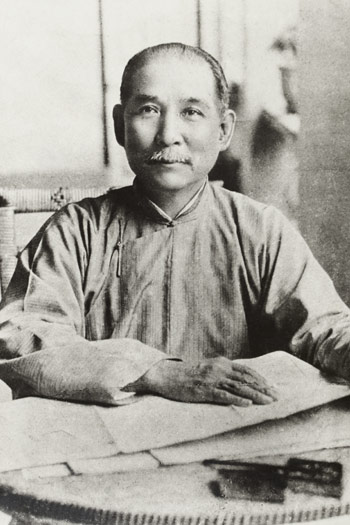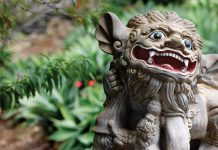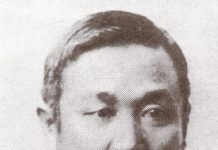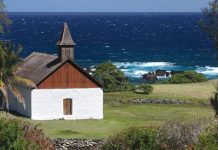Story by Paul Wood | Photography Courtesy of Kwock Hing Society
 Sun Yat-sen was China’s Gandhi—a visionary, a leader driven not by power but by principles, a humbly born individual whose ideas and convictions changed human history. After nine failed rebellions he managed to topple the corrupt Qing Dynasty and establish the first Chinese republic. Today, reverence for the memory of Dr. Sun is pretty much the only issue on which Mainland and Taiwanese China agree.
Sun Yat-sen was China’s Gandhi—a visionary, a leader driven not by power but by principles, a humbly born individual whose ideas and convictions changed human history. After nine failed rebellions he managed to topple the corrupt Qing Dynasty and establish the first Chinese republic. Today, reverence for the memory of Dr. Sun is pretty much the only issue on which Mainland and Taiwanese China agree.
And he was a local guy, to some extent, whose Western-styled revolutionary ideas hatched in Hawaii while he studied at Iolani and Punahou Schools.
Between rebellions he often took refuge at his older brother’s ranch in Kamaole, Kula. His family found shelter there on the slopes of Haleakala as Dr. Sun traveled the globe for his cause. When he finally succeeded—exactly one hundred years ago—he had many Chinese supporters to thank in both Kula and Honolulu.
Ahead of November’s APEC (Asia-Pacific Economic Cooperation) summit in Honolulu, a delegation of Asian leaders was invited to visit Maui for the rededication of a pair of county facilities honoring the good doctor: little Sun Yat-sen Park at Kama‘ole, and the Chinese memorial at Kepaniwai Park in Iao Valley. Thanks to the Sun Yat-sen Foundation for Peace and Education, the County of Maui, and islanders of Chinese extraction, the two sites have been refurbished with bronze statues, and other memorial fixtures. The international dignitaries will find themselves tracing the roots of modern China all the way to the fertile soil of Upcountry Maui.





